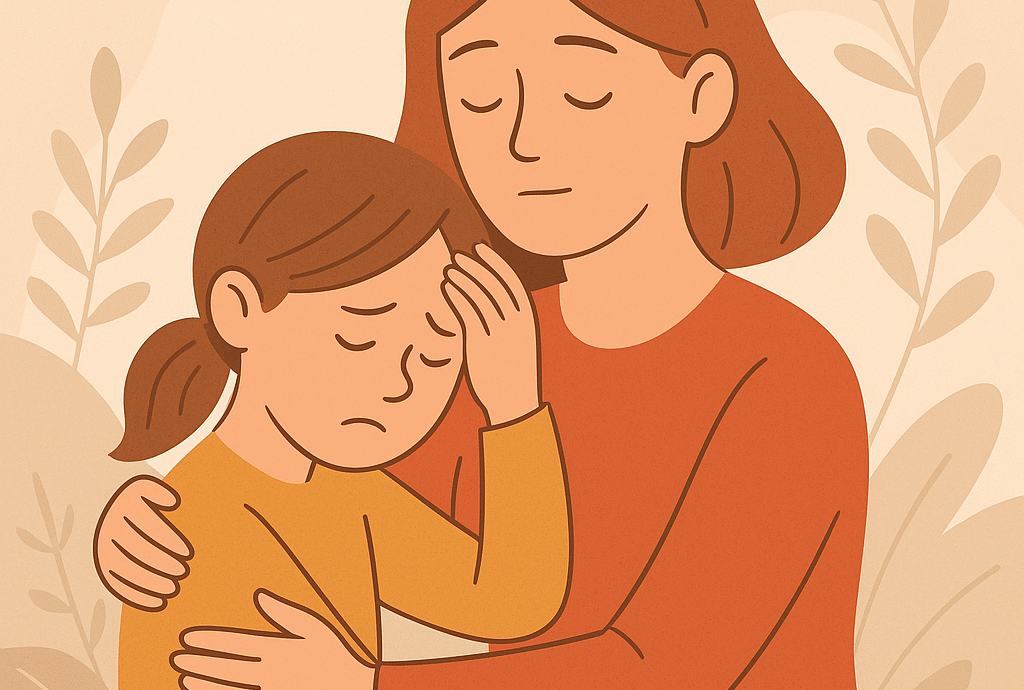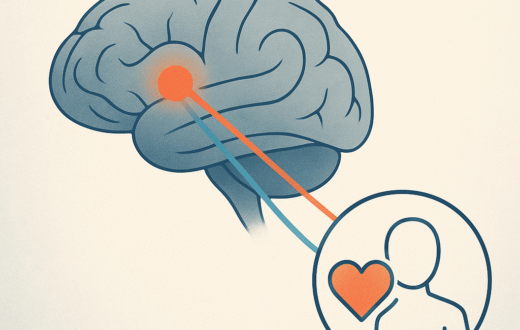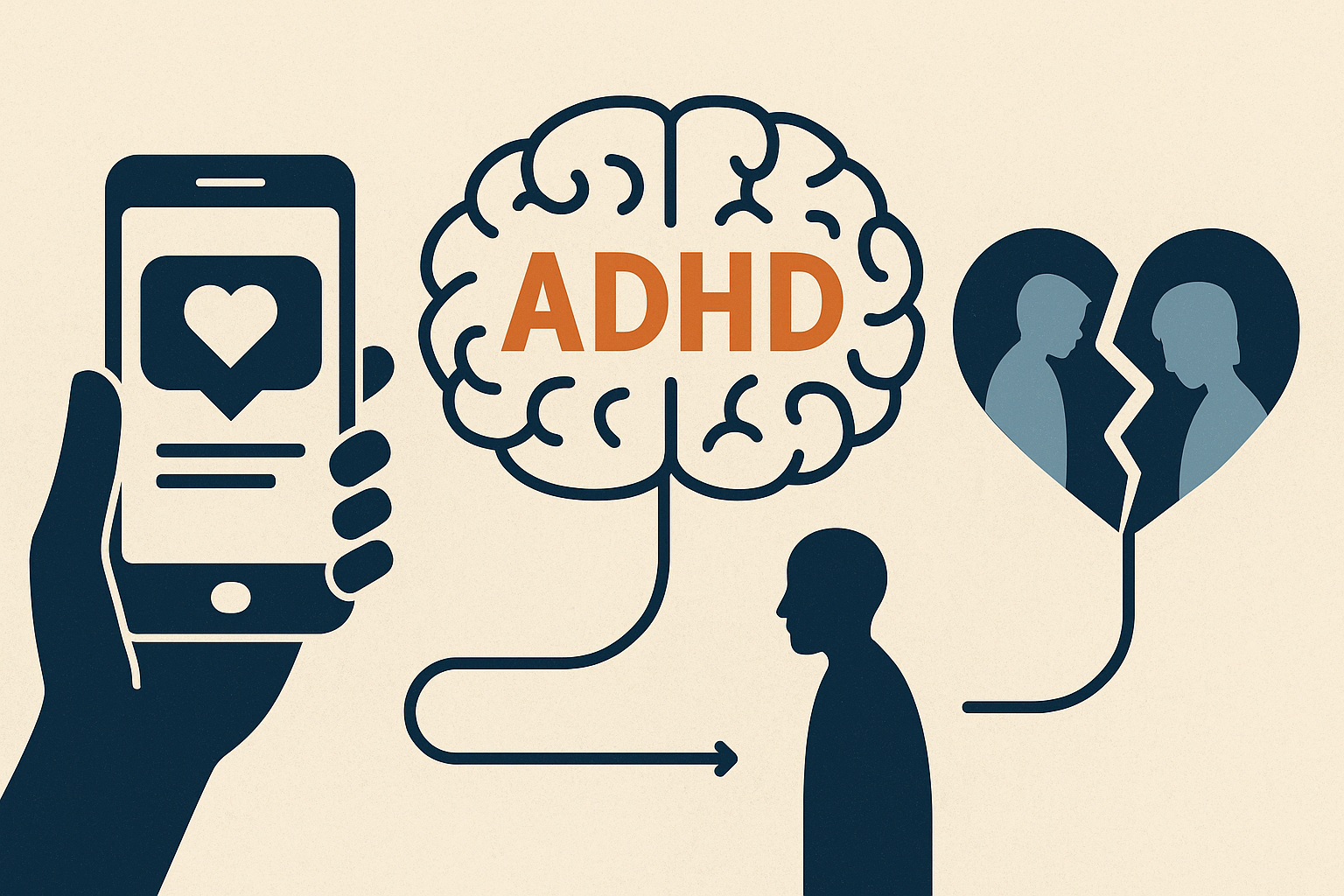5 Strategies to Help Sensitive Children Overcome Shame

Highly sensitive children often face criticism for their emotional intensity, which can lead them to believe something is wrong with them. In reality, sensitivity is not a weakness but a powerful gift that, when nurtured, fosters creativity, empathy and resilience.
Why Shame Hurts Sensitive Children
Shame is a painful feeling of being “not enough” In cultures that prize toughness and extroversion, sensitive children are told to “stop crying” or “toughen up.” Such words may seem small, but they can leave lasting wounds, making children feel unworthy or flawed.
Understanding Sensitivity
Sensitive children are born with finely tuned nervous systems. They process experiences deeply, become easily overstimulated, and feel others’ emotions intensely. They may cry when someone else is in pain, struggle in noisy environments, or be moved to awe by kindness and beauty.
Helping Them Heal
Without support, sensitive children may internalize shame, especially when teased or excluded. Like Aurora—the main character in The Highly Sensitive Rabbit—they can start to believe negative labels until they learn that their emotional depth is actually a source of strength.
5 Strategies for Parents
- Validate emotions – Instead of dismissing feelings, acknowledge them with empathy.
- Celebrate uniqueness – Highlight their creativity, empathy, and deep thinking as strengths.
- Protect boundaries – Do not allow teachers, relatives, or peers to shame your child.
- Stand against bullying – Act quickly with schools and demand protective measures.
- Model healthy sensitivity – Show children that being gentle and empathetic is powerful.
Becoming Their Safe Haven
Parents who embrace their own vulnerability can raise confident sensitive children. When children see that sensitivity and strength can coexist, they begin to value themselves. These children—future artists, healers, and leaders—need encouragement to grow into compassionate, balanced adults.




